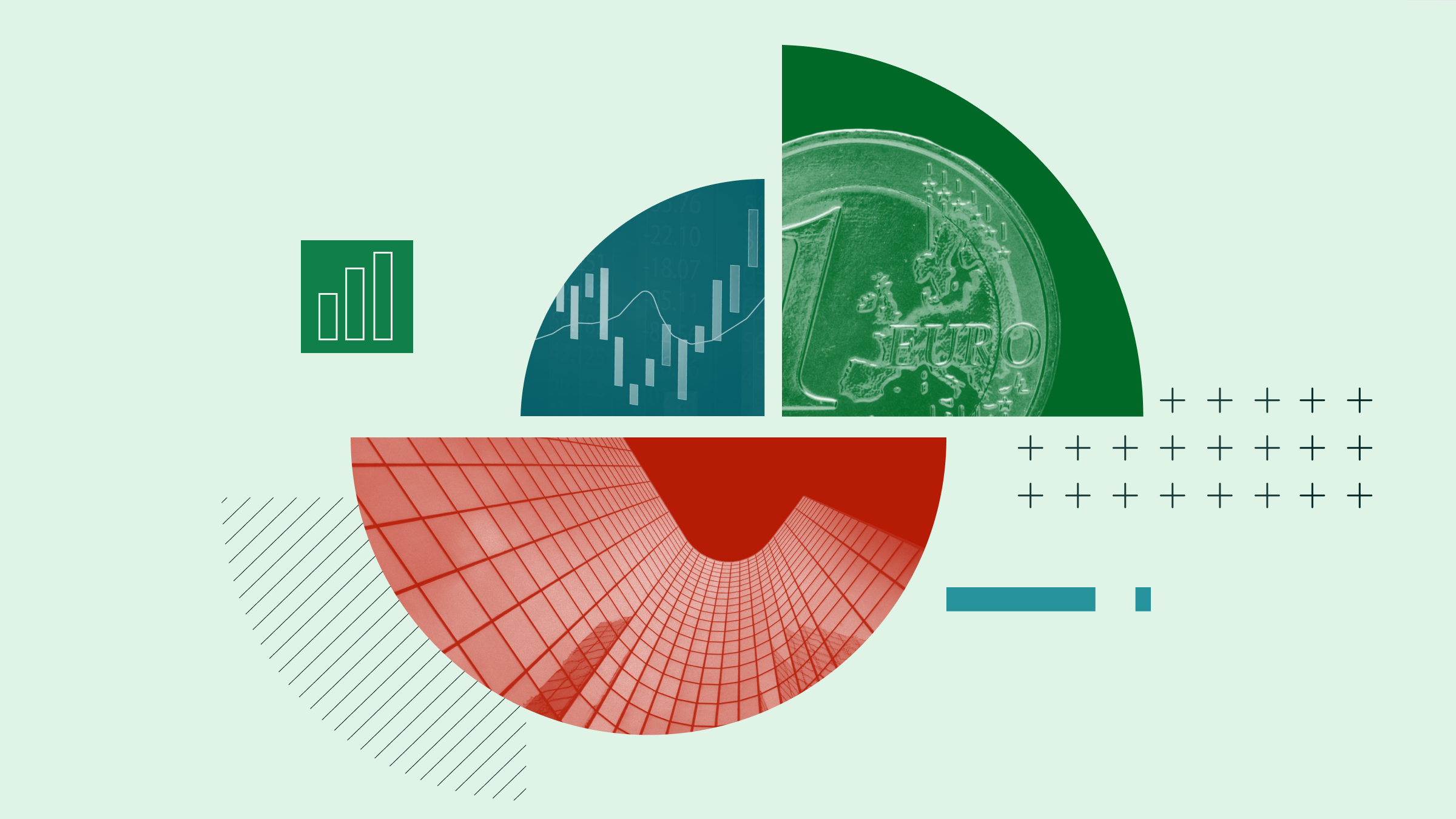Holly Black: Welcome to Morningstar. I'm Holly Black. With me is Mara Dobrescu. She is a Director on the Morningstar Manager Research team. Hello.
Mara Dobrescu: Hello, Holly.
Black: So, you've been looking at the performance of ESG funds. So, tell me, did it pay off to be an ESG investor last year?
Dobrescu: So, Holly, as you know, investors might consider an ESG fund for various reasons like fighting climate change, pursuing social and gender equality. But whatever the goals are, there's been a lot of debate on whether ESG criteria help or hurt investment performance. So, we thought we'd examine how ESG rated funds performed in 2020, which was a difficult year, as you know, and my colleague Jeffrey Ptak recently published a study which found that last year funds that were courting less ESG risk topped their indexes more often and by larger margins than funds that were courting more ESG risk.
Black: So, how do you go about taking that into account and measuring that?
Dobrescu: So, as you know, we assign Morningstar sustainability ratings, also known as the globe ratings, to funds based on how much material unmanaged ESG risk there is in the companies that they own. Funds whose holdings have less ESG risk receive higher ratings, that is, 4 or 5 globes, whereas the funds that have more ESG risk get lower ratings, so 1 or 2 globes. So, to conduct this study, we compiled the 2020 net returns of all equity and bond funds that had a globe rating at the end of 2019, and we looked at their returns against a relevant market index, so that would be for example, the Russell 1000 Growth Index for U.S. large cap growth funds and so on.
Black: So, did funds with a higher ESG rating performed better last year?
Dobrescu: They did, yeah. We found that funds that courted less ESG risk beat their specific index more often than funds with lower ESG ratings. For example, around 46% of the funds that had a high globe rating outpaced their benchmark while only 30% of the funds that had only 1 or 2 globes did the same. So, on average, investors got a better payoff in funds that courted less ESG risk.
Black: And when you were looking at this, were there anything in the findings that surprised you?
Dobrescu: Yeah. So, our study only looked at funds based on the companies that they're invested in, and regardless of whether the fund actually has a stated ESG objective or not. And then, when we tried to reduce the sample to the funds that explicitly try to minimize ESG risk, we were a little bit more surprised to find that success rates didn't vary much by ESG rating. Although it's worth noting that as a whole, intentional funds, so funds that try to minimize ESG risk, succeeded more often than nonintentional funds.
The other caveat is that the relationship between ESG risk and fund success varied quite a bit by asset class. So, we found that the relationship was very strong in global equities, for example, but a lot less in US equity funds, for example.
Black: So, the debate that investors have is does ESG add or detract value when I'm investing. Do you think that last year's data settles the debate?
Dobrescu: So, there's a lot of debate. This one study is unlikely to settle it. Our analysts will be publishing a lot more in the coming months on the relationship between ESG risk and performance, including studies that will control for other variables and risk factors. But this study does reveal some patterns that are worth watching as more ESG funds launch into the future and other funds consider incorporating ESG criteria into their investment process.
Black: Mara, thank you so much for your time. For Morningstar, I'm Holly Black.






:quality(80)/cloudfront-us-east-1.images.arcpublishing.com/morningstar/6BCTH5O2DVGYHBA4UDPCFNXA7M.png)
:quality(80)/cloudfront-us-east-1.images.arcpublishing.com/morningstar/Q7DQFQYMEZD7HIR6KC5R42XEDI.png)













